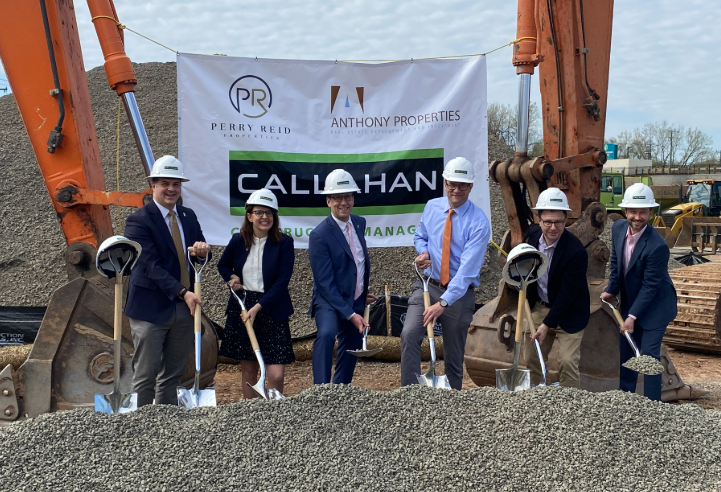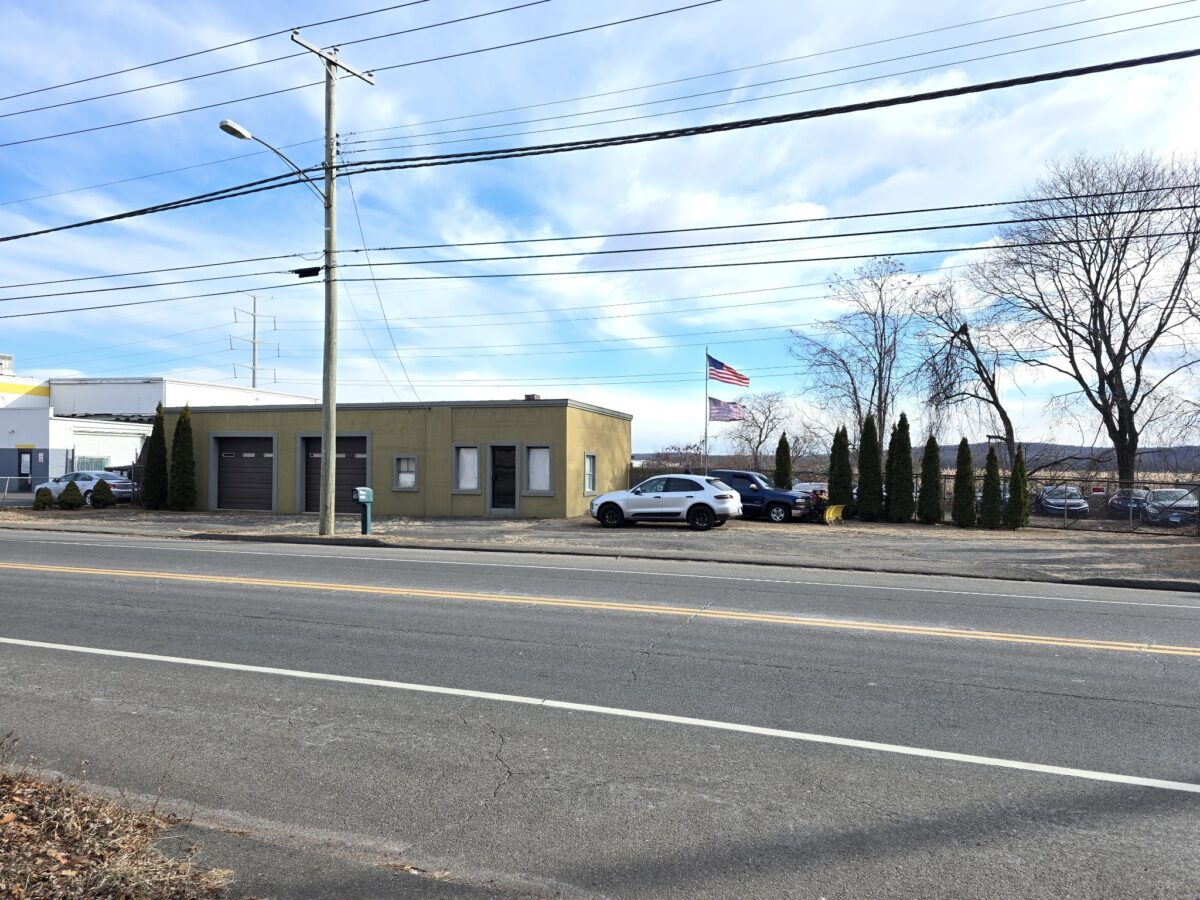News: Connecticut
Posted: September 15, 2010
Gypsum based levelers offer a safe, environmentally friendly choice
A lot has been blamed over the years on "white patch" and "gypsum floors". Truth is, quality gypsum based products are not only floor-friendly, but eco-friendly as well. Gypsum has a far smaller carbon "footprint" than Portland cement, is infinitely recyclable, and has no chemical reactivity to other fooring materials. This article examines many of the features and myths about gypsum based flooring materials, which can be strong, flexible, chemically inert, more rapidly dry and hard, and moisture resistant.
What is gypsum and what is plaster?
Gypsum is a natural occurring rock, one of the most plentiful minerals. It generally is found in two forms, anhydrite and dihydrate, which roughly translated means without significant combination with water molecules and with water molecules. The dihydrate form is either calcined into "plaster" or is used for Portland cement manufacture, agricultural uses, and as fillers. The anhydrite form is not calcined and will not recombine. It is sometimes used as filler material, for certain chemical properties in other products, and for agriculture as a nutrient and soil conditioner.
Smaller Carbon Footprint than Cement
Portland cement manufacture results in about twice the amount of carbon dioxide being released to the atmosphere as the amount of resulting cement produced (by weight). Plaster is calcined, usually by grinding the gypsum rock to a powder and then heating it. The only product off-gassed is water. Because plaster is calcined at between 300-400ºF., while cement is heated to over 1700ºF approximately 25% of the energy is used to make plaster as cement. Therefore, the carbon footprint of gypsum is as little as 10-15% of cement.
Recyclable
Plaster and gypsum are totally recyclable. In fact, much of today's wallboard is made with recycled gypsum that is a by-product of coal emission "scrubbing" from electricity generating plants, rather than virgin gypsum rock. Because of more demanding performance standards for industrial plasters used in flooring, casting and molding, dental and other uses and because of the presence of contaminants, these plasters are made from virgin gypsum rock, but the resulting products can be recycled.
Strong
One of the great myths about gypsum is that it is weaker than cement products. This reputation was largely created by some very inexpensive products that contain mostly fillers. However, some industrial plasters have compressive or crush strength of over 10,000 psi, or nearly 3 times Portland cement.
Flexible
In flooring uses, the ability of a material to bend or take stress without cracking is often of even greater importance than the crush strength. This is especially true in thinner applications under one inch thick. Gypsum materials are more flexible than cement, which is a very brittle material and easily cracks. This allows our gypsum flooring materials to cover suspended floors and handle floor movement much more comfortably and easily than cement levelers.
Fast or Accelerated Drying
One of the unique properties of a gypsum based material is the way it sets and hardens. Because it simply re-combines with the water previously taken from it and hardens (sets), it simply needs to lose any excess water. There is no chemical reaction or ongoing use of water as there is with cement based products. Generally, in thin application, such as with patches and thin self levelers, the drying occurs very quickly. Where deeper pours or applications are made, the time it takes the water to work to the surface and excape increases somewhat geometrically. However, because there is no chemical reaction, dehumidifiers, heat and other forced drying techniques can be used that would be disastrous with cement materials. Once a gypsum based product is hard set, the faster it dries, the faster it gains its full final strength, when 93% of the excess water is driven off.
Moisture Resistant
Another myth that is often asserted about gypsum based materials is that you can't use them in the presence of moisture. If by moisture we refer to water vapor, gypsum is very resistant to moisture and will allow it to pass through without affecting the performance or characteristics of the product. Gypsum is partially soluble in liquid water, and in the presence of mechanical action of running water over time, can be eroded or softened by immersion under water. And if the gypsum surface come in contact with water, and is left undisturbed until dried, it will be as hard and as dimensionally stable as it was beforehand.
Chemically Neutral
Gypsum does not chemically react with most construction materials. It is essentially chemically neutral to other materials it may come in contact with.
Can I Safely Use Gypsum for Floor Leveling?
Plaster or gypsum based flooring is almost always the better choice for suspended floors, whether wood or concrete substrate, because of its tolerance for all substrates and increased flexibility.
Tags:
Connecticut
MORE FROM Connecticut
Highcap Group brokers $41.1 million sale of two building multifamily portfolio
Norwalk, CT Highcap Group has completed the sale of two luxury multifamily properties with a total of 120 units for a combined purchase price of $41.4 million.








